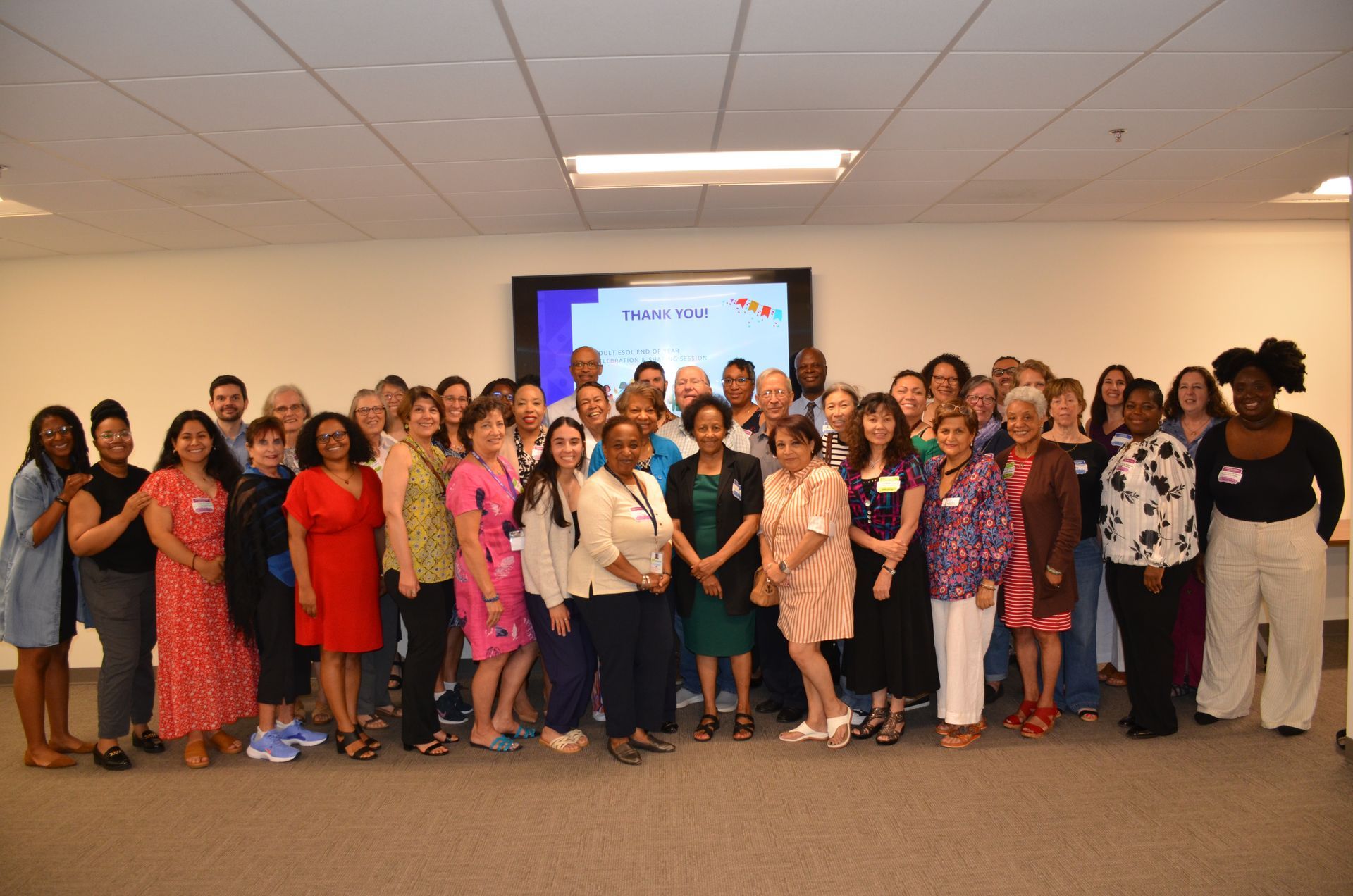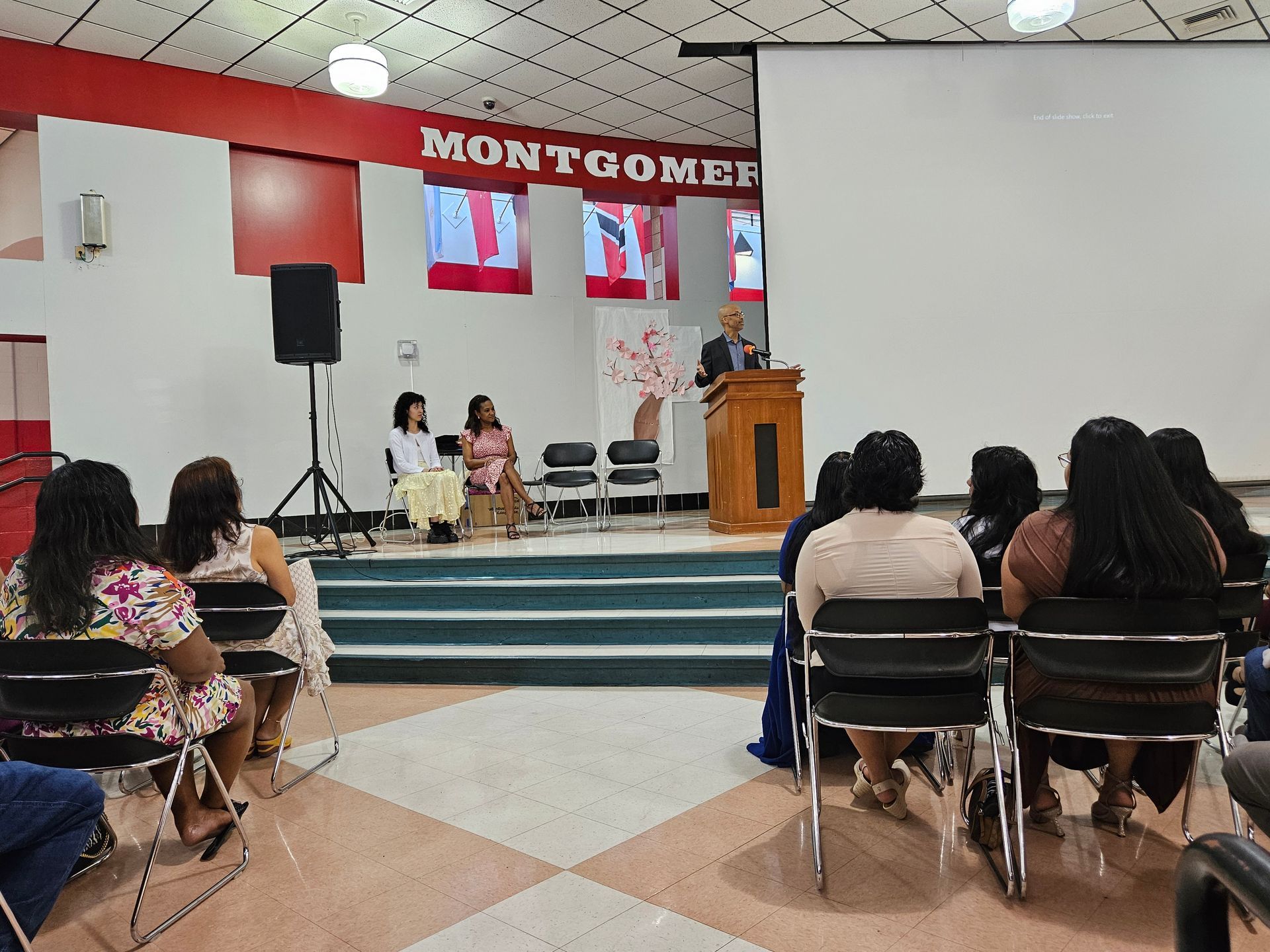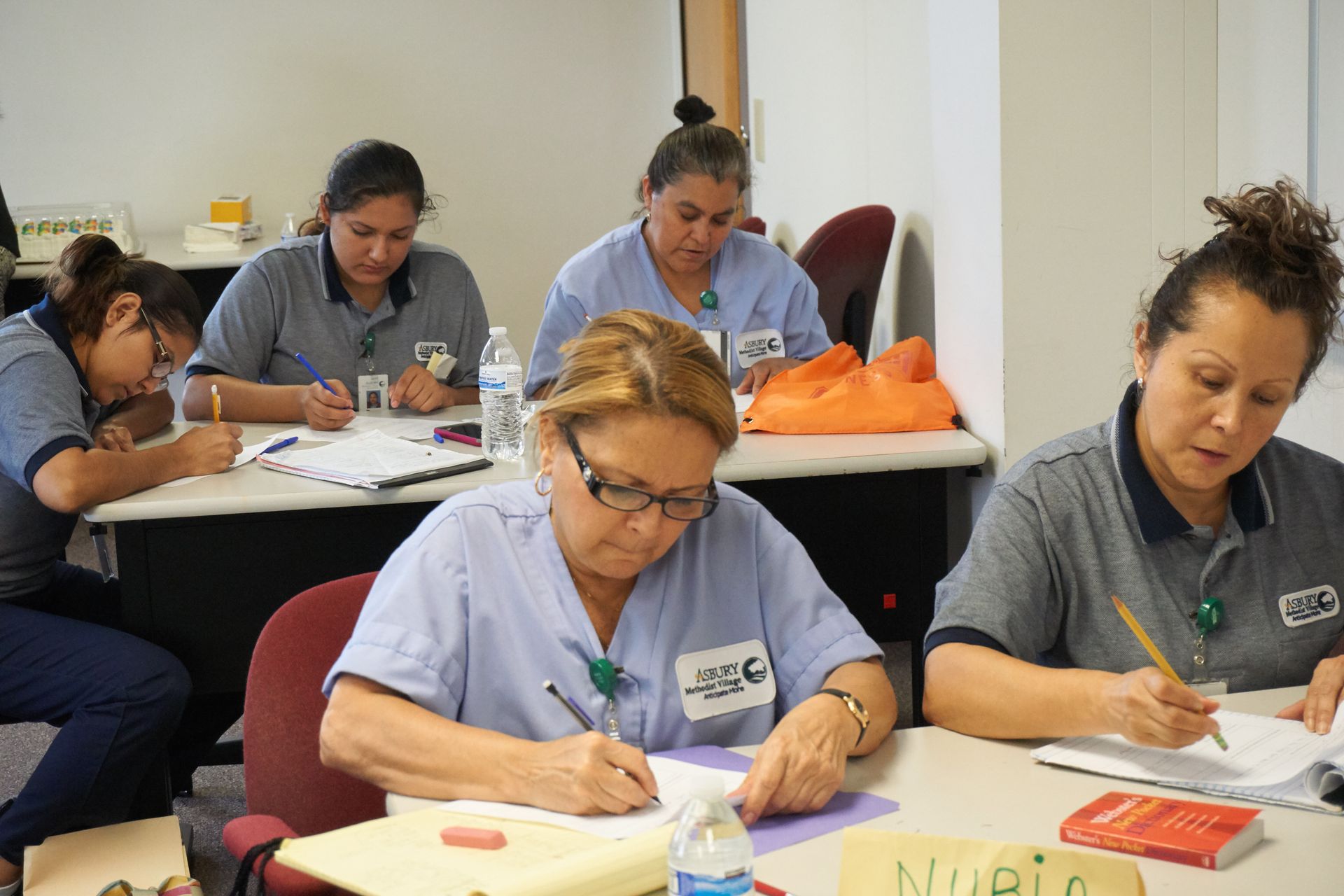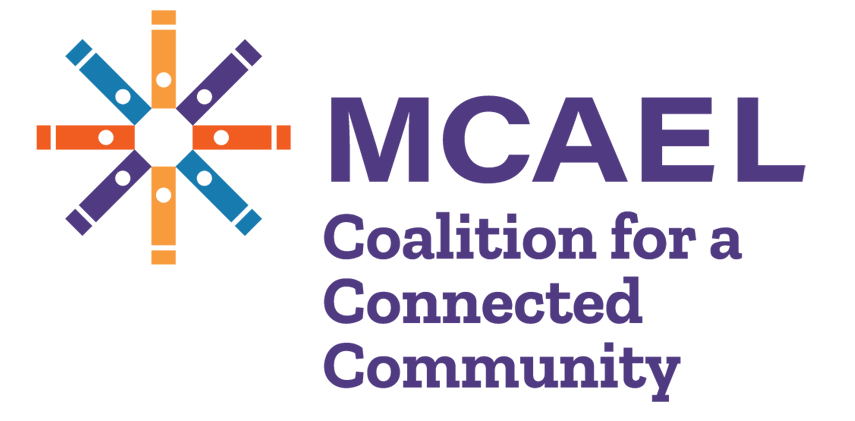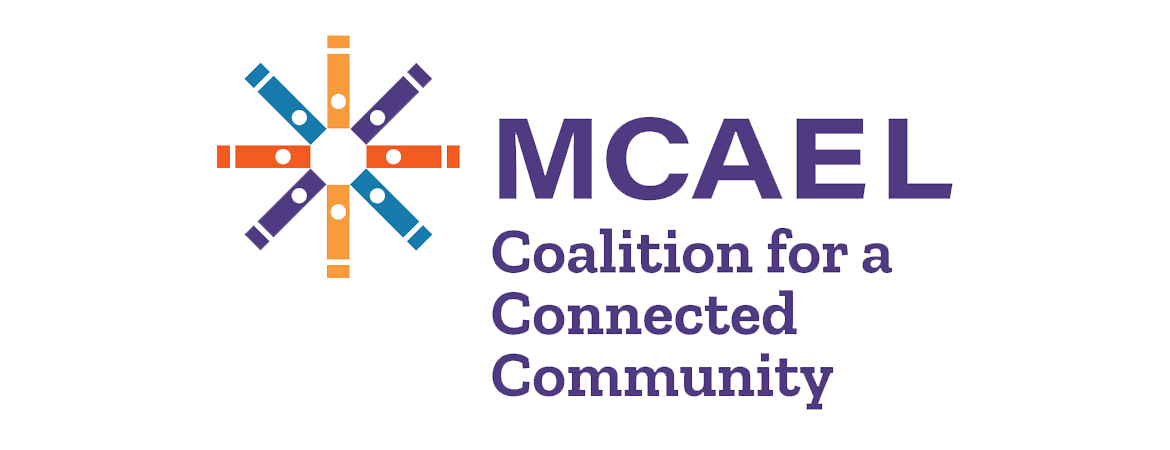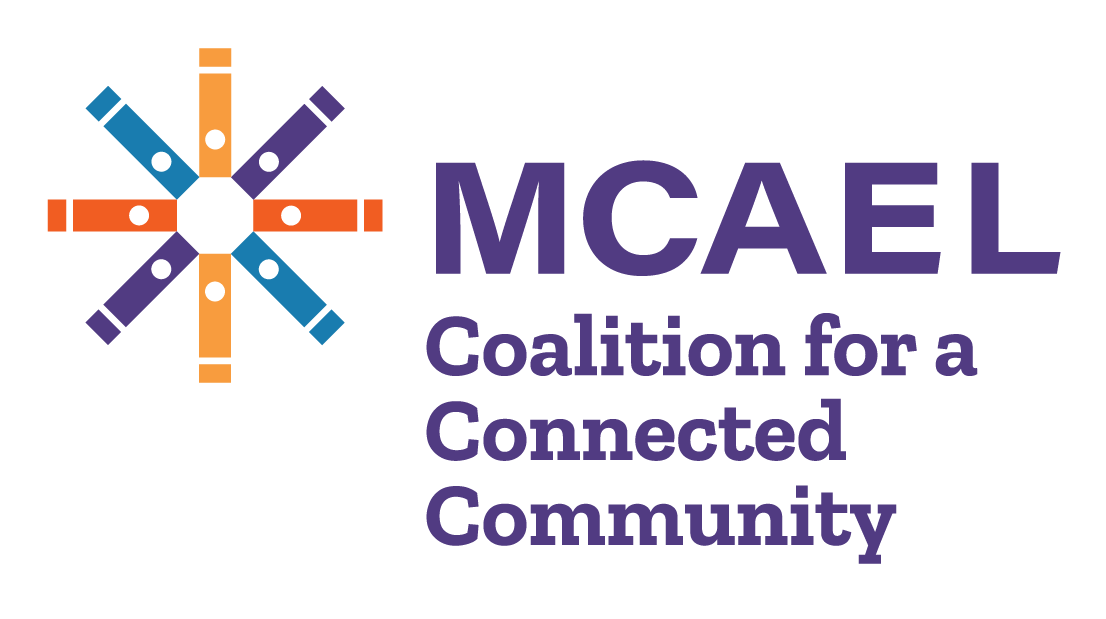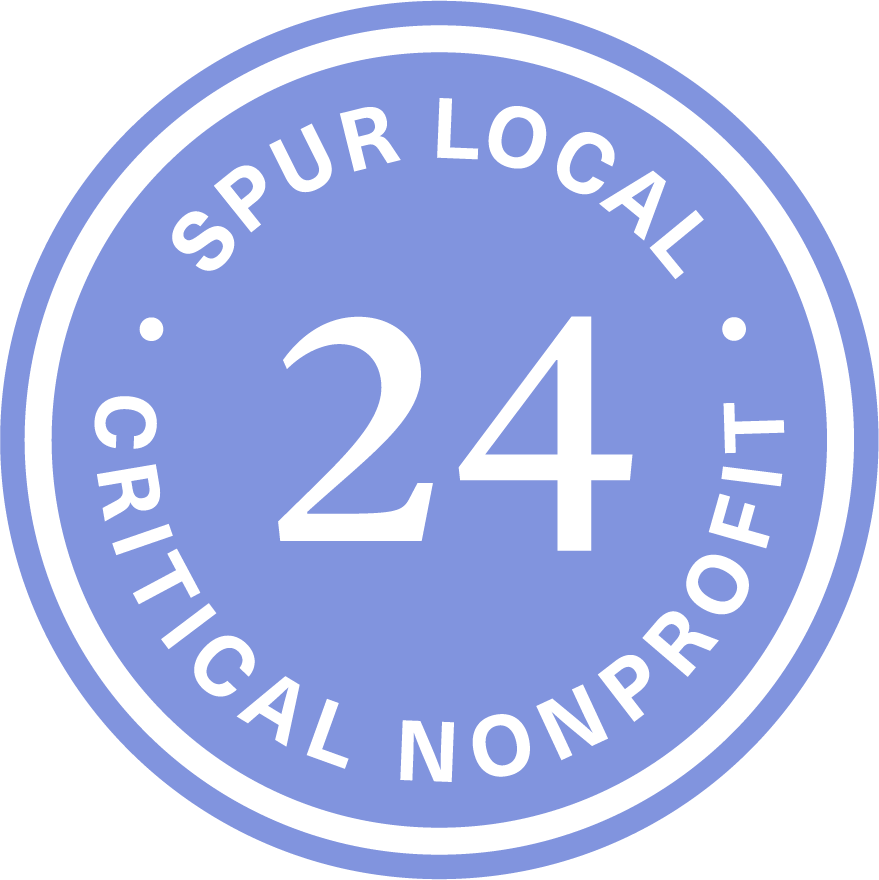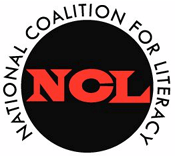Reflections from the 2021 WATESOL Conference: ESOL, Race & Equity
On October 16th I attended the Washington Area TESOL (WATESOL) virtual conference. I mapped out my workshop schedule eager to learn more about asset- based instruction and how to support learners who struggle with unseen learning difficulties. I found these workshops to be hugely informative, but it was the keynote address from Suhanthie Motha that has lingered with me every single day since.
Her presentation “Is antiracist English language teaching possible? Striving for racial justice in TESOL” challenged us as English language teaching professionals to look at our work in a larger social and historical context. There is an inherent complexity to teaching English that many of us may not have considered in our day-to-day lives as adult ESOL professionals. Historically to the present, the English language has been used as a tool for colonialism, oppression, racism and enforcing a culture of white supremacy. Conversely, most of us enter the field of ESOL with the intention to teach English as a tool for helping learners improve their lives through gaining the language skills needed to engage and thrive in their lives and community.
Motha’s keynote encouraged us to ask our field and ourselves difficult questions like, “How do I hold knowledge of oppression with the intention of supporting learners?” Difficult questions like this one call us to not only critically examine our field but also dig deep into our own selves to recognize that none of us are neutral in the way we see race. I left Dr. Motha’s keynote with an ache in my heart that reminded me that there is much work to be done to bring more racial equity to our field.
We at MCAEL are committed to evolving in our knowledge, practices and supports around racial equity as a community. Recognizing the work starts inside we’re committed to doing our work in house, as well as, in the broader MCAEL network. Motha’s call has sparked our staff and members of our Executive Board to form a book club. We will be reading her book Race, Empire and English Language Teaching: Creating Responsible and Ethical Anti-Racist Practice and exploring how it applies to the work we are doing here in the Montgomery County adult ESOL community. Creating a racially equitable community starts with digging deep inside of ourselves, but we don’t have to do it alone. When we work towards racial equity in compassionate community the lift becomes more doable for each of us.
Tiffani Ross
Manager of Network Learning and Development
